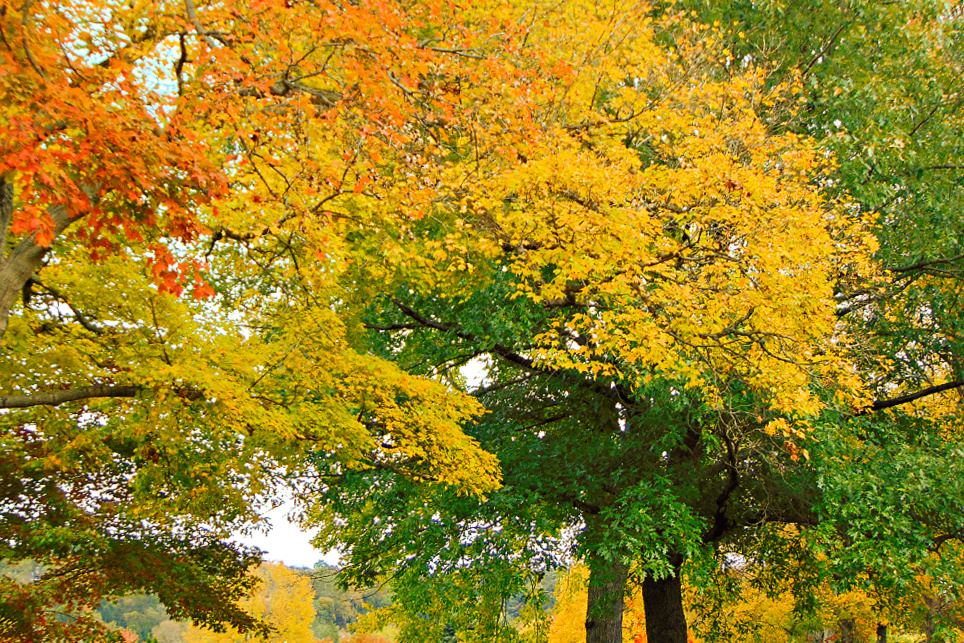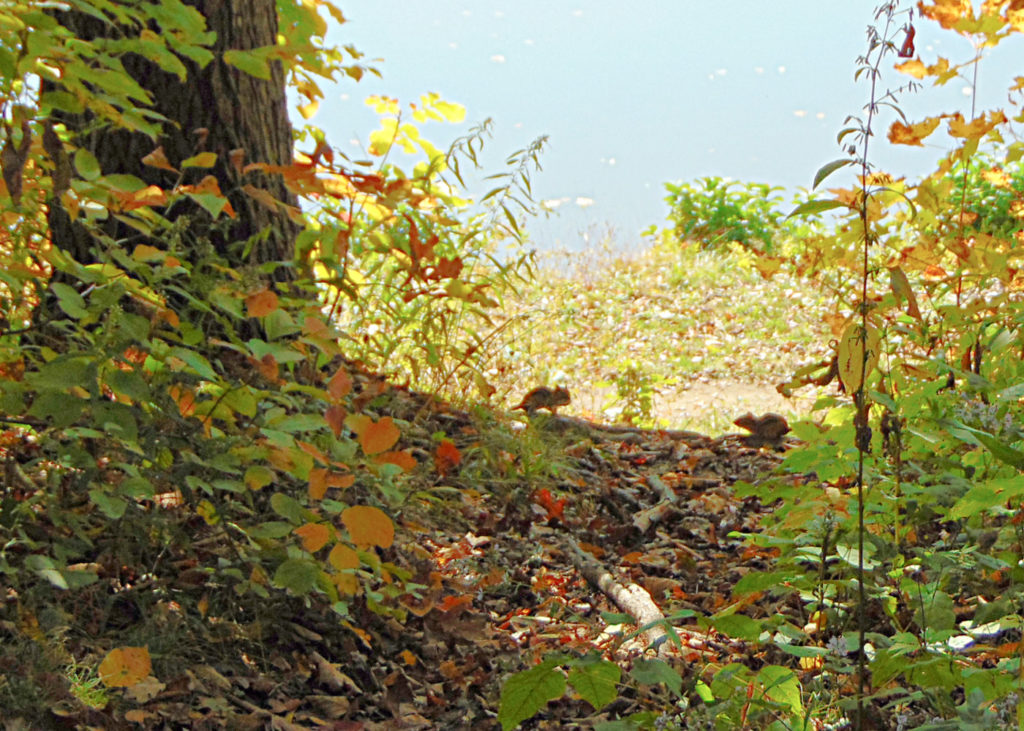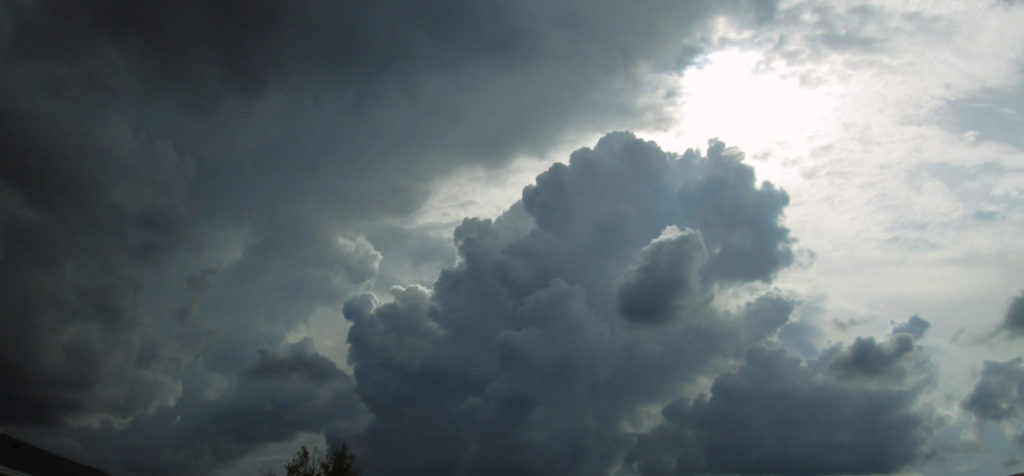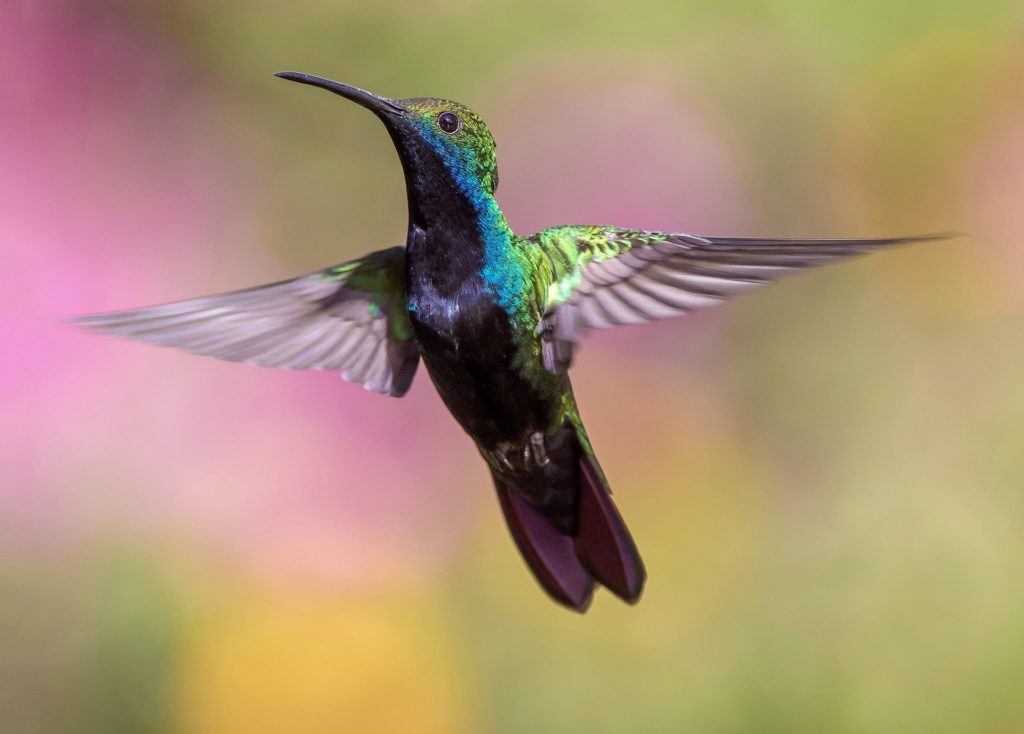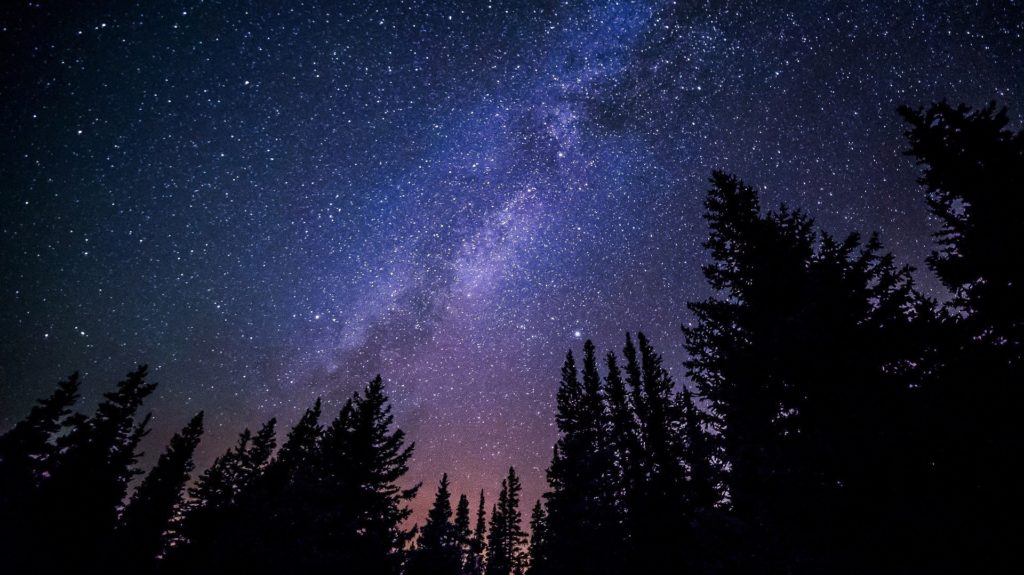
Here’s my Halloween tale for you.
I was eight years old and in the third grade. I had a cousin who was three years older than me, a beautiful being, who took dance lessons. I inherited her costumes, to my great delight. This year, just before Halloween, she gave me a costume that had pale purple satin ribbons tightly curled in clumps on the bodice to look like a bouquet of grapes, and beneath it flared a stiff little skirt made of layers of netting the exact same color as the grapes. When I put it on, I felt like a princess. But my mother said I couldn’t wear it to school.
Instead, she built a pumpkin costume from chicken wire and orange crepe paper. She rigged my dad’s suspenders so the contraption would ride on my shoulders. It came with a crepe paper-covered paper plate for a hat with a green construction paper stem. It was embarrassing.. I didn’t want to be a big orange ball. It was far more wonderful to be a princess.
Mom and I negotiated until we reached a compromise. I could wear the grapes like underwear, beneath the pumpkin outfit. I could be a secret princess in a pumpkin disguise.. I wasn’t thrilled, but I agreed for the sake of peace. Besides, Mom’s argument that I would be cold wearing only the grapes made sense. I had to give her that one.
So off to school I went that Halloween morning snug in a sweater and slacks over the grapes and the pumpkin over that. Then the school bus came and to my immense humiliation I discovered that my pumpkin wouldn’t squeeze in the bus door. The driver came to help me. But then I couldn’t sit down. I had to stand all the way to school, holding the bar around the driver’s seat, right up front, and everybody snickering behind me.
When we got to the school, the driver helped me to the ground. And by then I had my plan made. The very first place we went when we got to school was the coat room, a great big walk-in closet with hooks on the walls in the back of the classroom. I took off that stupid orange pumpkin and set it in the corner, and the hat with it. I hung my sweater and slacks on my hook. And then, as if I were a beautiful butterfly, I danced to my seat.
The day was great fun. We had music and games and treats.
Mrs. Waltz helped me unfasten Dad’s suspenders from the pumpkin and said she would take care of it. She said to tell my mom that she was sorry it got so bent on the bus, but that it was a wonderful idea.
It was too cold, Mom was right, to wear the grapes trick-or-treating. She quickly fashioned a hobo outfit for me instead. And I was glad. It was warm. At school I got to play the trick of turning from a pumpkin into a princess. And now I got to go beg my neighbors for treats with my pals.
It was a wonderful Halloween.
Hope yours is today! Whether you play, or just watch and let go.
Warmly,
Susan
Image by Andreas Lischka from Pixabay
